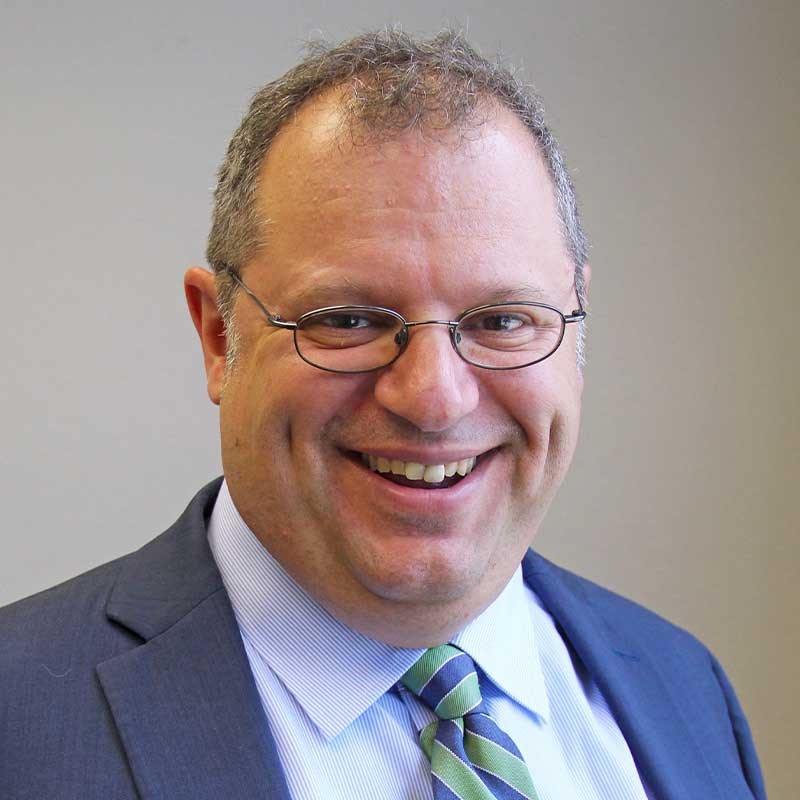Rodney Dieser

Rodney Dieser
Years at UNI:
23
Educational background:
PhD, University of Alberta (Canada) in physical education and recreation (2002).
MA, University of Northern Iowa, clinical mental health counseling (2014)
MS & BS, University of Utah, parks, recreation and tourism (1997, 1994)
AS, Lethbridge Community College (Canada) in therapeutic recreation (1991)
Briefly describe your career background.
I strongly believe in a scholar/researcher-practitioner model of academia. I believe a professor should have one foot in scholarship and research and should be helping create a body of professional knowledge by publishing in top tier journals. I also believe a professor should have another foot in professional practice by actually working in their profession as they teach and engage in research. As such, over the past 10 years I have worked 10 hours a week as a Certified Therapeutic Recreation Specialist (CTRS) and Licensed Mental Health Counselor (LMHC) at three different therapy agencies in the Cedar Valley and rely on a wellness framework as a working therapist. For example, when I teach assessment in therapeutic recreation, I can speak to the assessments I completed just in the last month or so. I also serve as president of a nonprofit board that is related to heritage tourism -- the Walter House in Cedar Rock State Park.
Why did you choose this career path?
I believe so deeply in the connection between recreation engagement and mental health.
What brought you to UNI?
I love teaching and I love research. I wanted to be at a university that allowed me to be engaged in both endeavors.
What's your favorite part about UNI?
Without any doubt, engaging with students, especially first generation university students. I was a first generation university student in a family with two illiterate parents. My high school counselor flat out told me university was not in my future and directed me to join the Army. There is a special place in my heart for first generation students.
What is your greatest professional accomplishment?
1) Being inducted as a fellow in the Academy of Leisure Science and achieving their outstanding researcher award; 2) earning the outstanding alumni award from the University of Utah in parks, recreation, and tourism; and 3) being invited by the editor of the Mayo Clinic Proceedings -- one of the most prestigious journals in medicine -- to come to the Mayo Clinic to make a video about the research I have completed on the history of the Doctors Mayo.
What is your area(s) of research interest? What drove your interest? What noteworthy publications or research projects might you cite?
Here are my research areas: 1) leisure and mental health, including leisure and wellness embedded in mental health counseling, youth development, and leisure services at Mayo Clinic; 2) cross-cultural therapeutic recreation and leisure service delivery; 3) tourism related to history and mental health; 4) inclusive recreation and leisure education services for people with disabilities; 5) historical and philosophical foundations of leisure, youth, and nonprofit human services, including Hull-House, 1889-1953 ,and the African-American South Side Settlement House, 1920-1950; and 6) the nexus between moral development and songs/short stories of musician Bruce Springsteen.
Of the over 100 articles I have published and seven books I've written, one of my favorite was the historical souvenir book I recently published on the Frank Lloyd Wright-designed Walter House, located in Cedar Rock State Park. All proceeds go to preserving the Walter House for generations to come.
What does being student-focused mean to you?
It means many things, but foremost being available to help students, being updated and present in the classroom, and creating community engagement learning activity that prepares students for professional entry.
We talk about helping students realize or even exceed their expectations and potential. What does it mean to you to be part of that process and see the outcome?
It is always a sacred process to be part of, but the achievement begins and ends in the student, not me or any professor.
What do you hope students learn from you?
To be curious, to lean into the unknown or fears, to achieve, to have empathy for others, and to be a reflective learner and professional.
What excites you about your chosen field -- and how does that passion translate into your efforts to prepare students as well?
The pursuit of high quality leisure, through community parks and recreation, or nonprofits, or outdoor recreation is what makes life worth living. It is a profession of existentialism that leads to happiness. Although leisure can help us relax and escape, serious leisure creates positive emotions, authentic relationships, engagement in community and belonging, meaning/purpose and achievement.
What advice do you have for prospective/current students to make the most of their time at UNI?
Listening to others is one key to success, be it through books or face-to-face interaction.
